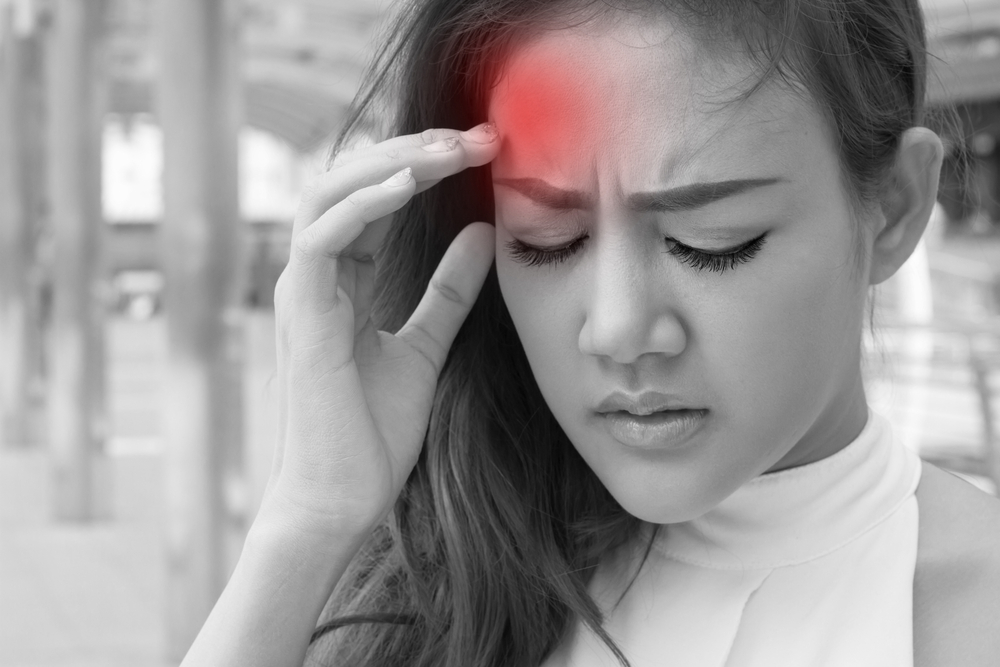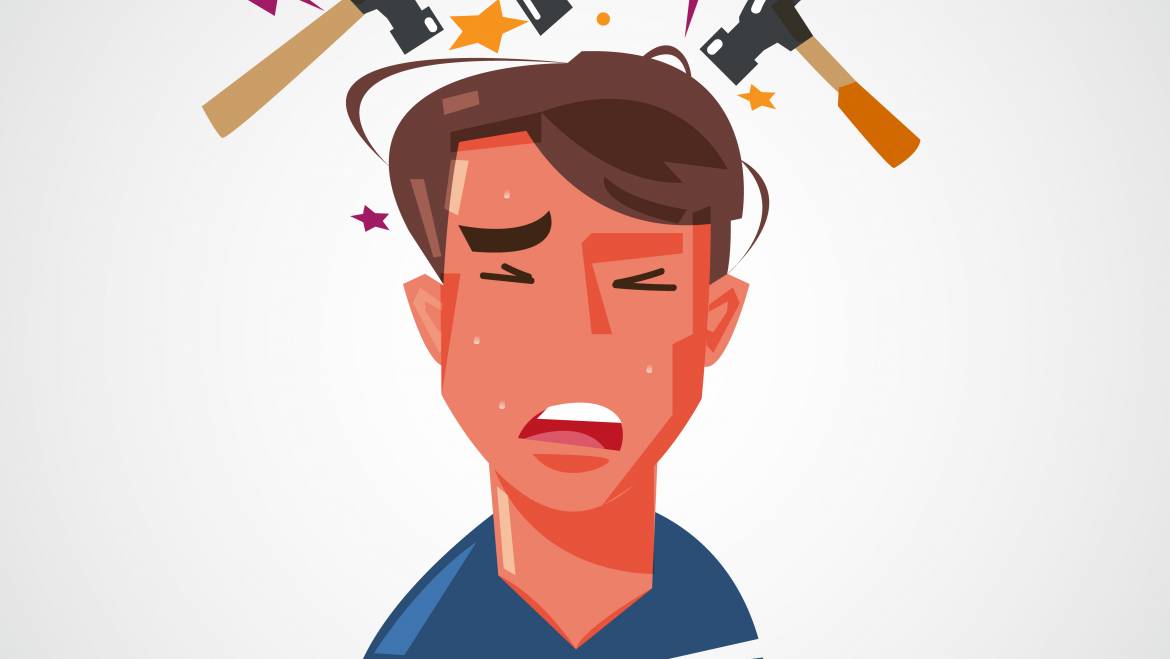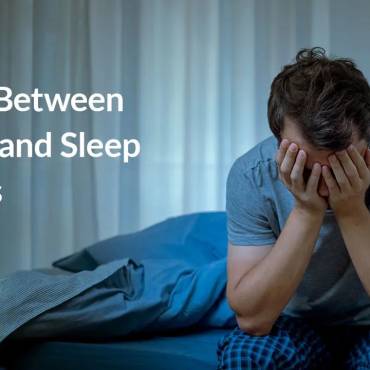Timely medication can stop migraine headache before it starts. Topiramate, a migraine medication is used to reduce the frequency and severity of migraine attacks.
About Migraine
A migraine is a medical condition that can affect the whole body and result in many symptoms, sometimes without a headache. It can be easily ignored or mistaken for other health conditions and can affect people in different ways. The problem can severely affect the quality life of the sufferer and his/her family members. A migraine headache is characterized by a throbbing pain that usually felt on the one side of the head or sometimes both sides of the head.

It can last from two hours to a few days. Besides pain, migraine can also cause vomiting, nausea, and sensitivity to light and sound. A migraine sufferer may also see blurred spots or have a temporary loss of vision. If you have a migraine, then you can experience an intense headache at any time of the day, though a migraine often begins in the morning. There are two different types of migraine headaches:
Also Read: Best Tips to Eliminate Digital Eyestrain
A Migraine without aura- It is a condition characterized by moderate to severe throbbing pain, which is worsened by movement and accompanied by either photophobia, phonophobia, or nausea/vomiting.
A migraine with aura- This includes some different sensations that range from visual problems to physical sensations. Patients suffering from this type of a migraine are reported to have mood changes, feeling tired or hyperactive, excessive yawning, or food cravings. Some may also experience difficulty concentrating, neck stiffness, or fatigue.
Scientists and researchers believe that there are triggers that bring on a migraine, although determining an individual’s trigger is not always easy. Some of the common triggers are given below:
- Diet (foods such as tea, cheese, nuts, coffee, or alcohol beverages)
- Loud noises
- Stress
- Bright lights
- Stress
- Strong odors such as perfumes
- Hormonal changes such as menopause, periods, hormonal pills
- Hunger
- Changes in the weather
- Sleeping more or less than usual
Most of the time, these headaches are not a threat to your overall health, but the migraine episodes can disturb to your day to day life.
Identify the cause
If you have migraine, then you undoubtedly need something to keep these painful episodes from recurring. The best way to prevent a migraine attack is recognizing the things that trigger an episode and try to avoid them. If you feel like you develop a migraine attack after eating a certain food or it occurs when you are stressed, avoid eating that food and rest as much as you can. By avoiding the triggers, you can prevent a migraine. Maintain a migraine diary and try to make a record of the following:
- Date and time of the migraine attack
- Warning sign if any
- Symptoms including the presence and absence of aura
- What medicine you took to get relief from the pain
- The time or date when the attack ended
Collecting this information may help you identify possible triggers and monitor how well any medicine you are consuming is working.
Treatment
For migraine headache treatment a migraine control diet is strictly recommended, eliminating common migraine culprits, including caffeine, cheese, chocolates, alcohol, nuts, and monosodium glutamate. Migraine sufferers are also advised to take a regular sleep of 7 to 8 hours and follow an exercise regimen. Patients are counseled to minimize the use of tryptophan as they may cause rebound symptoms. Do not take vasoconstrictive medications such as pseudoephedrine to get rid of a migraine attack. When patients follow these guidelines carefully and still experience a migraine associated symptoms, preventive medications such as triptans, steroids, Fiorinal, and narcotics are recommended. These medications for a migraine are a quick fix agents. Treatment through medications is chosen based on patient’s other medical conditions and tolerance to side effects. Some suggested medications for migraines are as follows:
- Calcium channel blockers- Calcium channel clocker such as diltiazem is the best-tolerated regimen for migraine headaches. Hypotension and constipation are the most common side effects of the medicine.
- Beta blockers- Medicine like propranolol has been shown to effectively prevent migraine attacks. It is available in the form of tablets for oral administration. Side effects of propranolol may include sleeping problems, cold hands, and feet, tiredness, pain and needles.
Also Read: Remedies for Minimizing the Pores on the Skin
Antiseizure drugs- Antiseizure drug like Topiramate was originally formulated to treat patients with epilepsy, but is now much more commonly used for migraine headache relief. It is supplied in the form of tablets for oral use. Caution should be exercised while giving Topiramate to people with hepatic or renal impairment. It can also harm the fetus if taken during pregnancy and reduce the effectiveness of hormonal contraceptive pills. Therefore, it is important to discuss the methods of contraceptions with your physician who has prescribed Topiramate to you. The medicine may cause, nausea, constipation, vomiting, diarrhea, decreased appetite, dizziness, drowsiness, and trouble sleeping.


